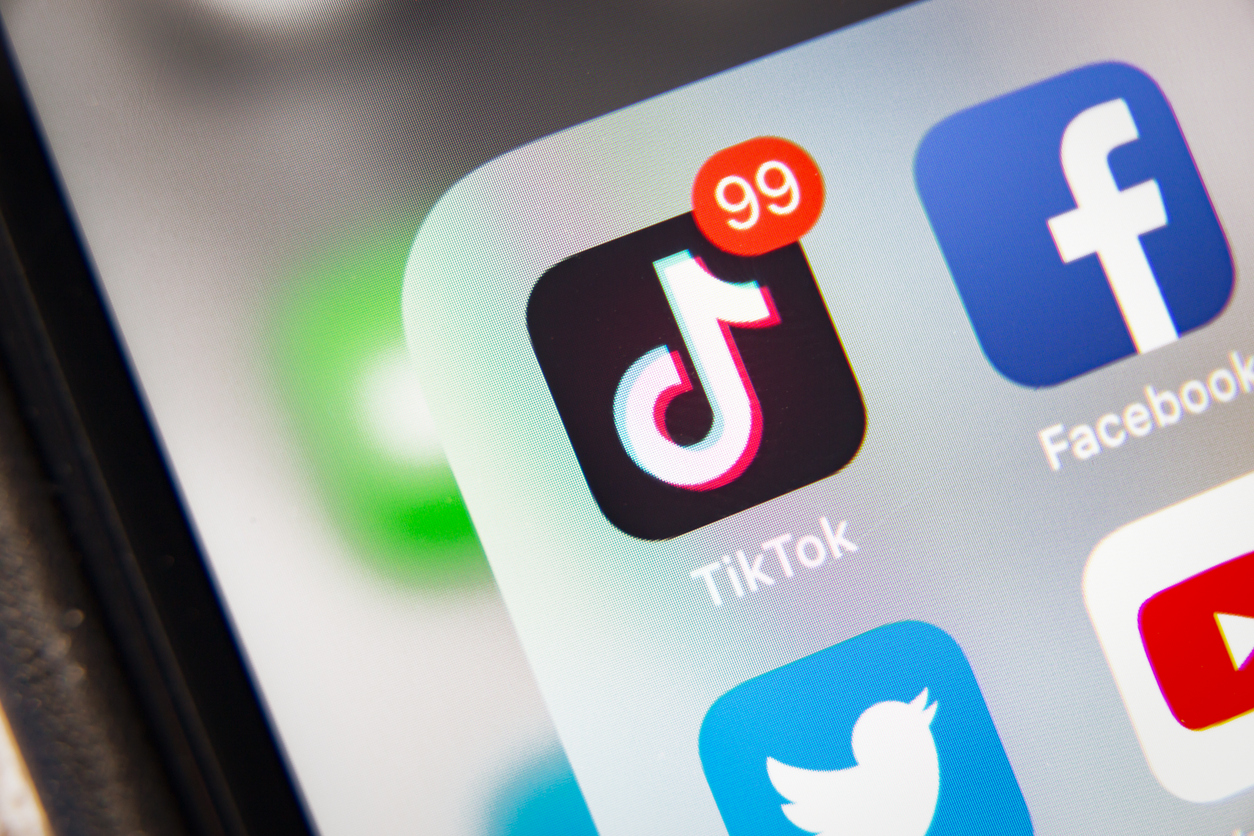The Scoop: Potential TikTok changes after House votes for ban
Plus: The world’s first AI regulation bill passes; Airbnb bans indoor security cameras.

TikTok is undeniably the most talked about social app in the media these days. But if some members of Congress get their way, we could see big changes in the social landscape amid a larger tech war between the United States and China.
According to The New York Times, the proposed bill, which has already passed the House, wouldn’t ban TikTok, per se, but would rather implement a mechanism that will seek to force ByteDance, the Chinese owner of the app, to sell it. The legislation comes amid concerns that the Chinese government could use TikTok as a way to gain the personal data of American TikTokers, or even as a pathway to spread misinformation.
If ByteDance can’t or won’t sell TikTok if this proposed law is adopted, then the U.S. government could force app stores to delist TikTok. In addition, the Justice Department could also be empowered to punish any company that works with or offers TikTok for download.
But the bill still has something of an uphill battle toward passage — despite passage in the House, it faces uncertainty in the Senate.
Why it matters: When the most popular social media app of the day is facing a potential sale or “ban” by the American government, it’s time to take notice. With 170 million users in the United States, this bill wouldn’t wipe TikTok off people’s phones overnight, but would instead make updates harder to access and thus degrade the functionality of the app.
This bill would also force a rethink for many people working in the PR and social media spaces. Many of the biggest brands out there have at least some presence on TikTok, ranging from token accounts to a major marketing engine.
In the world of social media, platforms often wax and wane in popularity over time, but we haven’t seen one face the major opposition that TikTok is up against right now. But if you’re a PR or social media pro, pay attention to the developments out of Washington over the coming days — it could impact your strategy in a big way.
Editor’s Top Picks:
- The European Union has passed the first major legislative act that deals with the regulation of AI. According to CNBC, the EU AI Act categorizes the levels of risk associated with a given AI technology. This rating list also includes an “unacceptable” category — any tech that falls within this would be banned. In an age in which many organizations and governments fear the potential power AI could, this is a notable event. Will other countries or international organizations take steps to rein in AI? Maybe. But back stateside, keep an eye on whether pressure mounts to put some sort of guardrails in place in an attempt to keep up with the rapid spread of AI tech.
- Airbnb guests no longer have to worry about being spied on in the homes and rooms they rent on the platform. According to a report in The New York Times, Airbnb is banning indoor security cameras, claiming customer privacy as a priority. The change came after reports stating that some hosts were using cameras to spy on people renting their properties. Airbnb also stated that the new rules will provide customers with greater clarity on what to expect during their stays. Whether or not this change was a direct response to customer accusations of host spying, we can’t know for sure. But Airbnb was likely listening along the way.
- It’s an election year again, to seemingly no one’s excitement here in America. But if you wanted to consult Google’s Gemini AI tool about November’s contest, you might need to look elsewhere. According to The Guardian, when asked about either presumptive candidate in this fall’s election, Gemini responds that it’s still figuring out how to answer the query. “As we shared last December, in preparation for the many elections happening around the world in 2024 and out of an abundance of caution, we’re restricting the types of election-related queries for which Gemini will return responses,” Google stated. The rise of generative AI might end up playing a major role in political disinformation, and Google is trying to get ahead of it to avoid any potential chaos or bad press this fall. We’ll see if any other AI platforms follow Google’s lead, or if a different path forward emerges.
Sean Devlin is an editor at Ragan Communications. In his spare time he enjoys Philly sports and hosting trivia.






